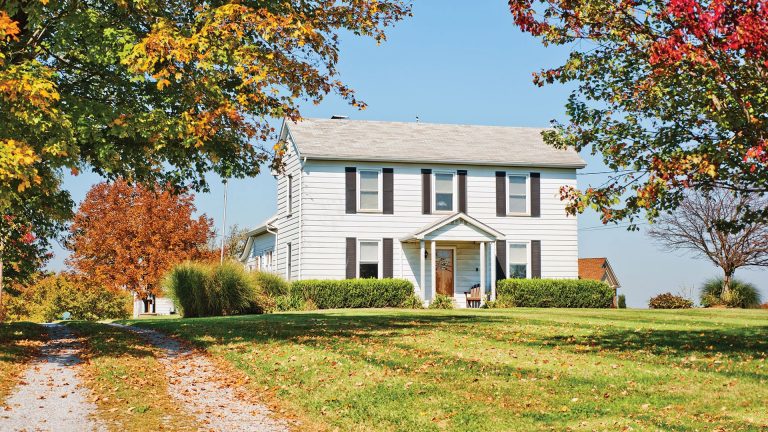Embarking on the journey of buying your first home is both exciting and a significant milestone. It’s a decision that involves financial planning and a clear understanding of the home-buying process. Here’s a step-by-step guide to help you navigate this path:
- Assess Your Financial Capability: Before diving into home searches, evaluate how much you can realistically afford. This involves reviewing your income, savings, debt, and expenses. A crucial aspect is the initial down payment, which can be a major factor in the overall affordability of your home.
- Consult with a REALTOR®: Engaging a REALTOR® can be immensely beneficial. They can provide valuable insights into the market, assist in finding a home that fits your budget and needs, and guide you through the complexities of the buying process.
- Understand Mortgage Options: Familiarize yourself with different mortgage options, including conventional and high-ratio mortgages. High-ratio mortgages require a smaller down payment and might be suitable if you’re unable to afford a large down payment.
- Explore Government Programs: Investigate government programs that assist first-time homebuyers, like the RRSP Home Buyers’ Plan or the Ontario Home Ownership Savings Plan (OHOSP). These programs can provide financial assistance or beneficial terms for your down payment.
- Determine Your Housing Needs and Preferences: Define what you’re looking for in a home – type of property, location, size, amenities, etc. Your REALTOR® can help match your criteria with available properties.
- Property Search and Viewings: With your REALTOR®, start the property search. Visit various homes to understand what’s available in your price range and what features you can expect.
- Making an Offer: Once you find a suitable property, your REALTOR® will assist you in making a competitive yet reasonable offer. They will handle negotiations and ensure your interests are well-represented.
- Home Inspection and Legal Procedures: Before finalizing the purchase, have a professional home inspection to identify any hidden issues with the property. You should also engage a lawyer to handle the legal aspects of the transaction, including title search and contract review.
- Closing the Sale: After negotiating and accepting the offer, and completing legal checks, you’ll move to the closing stage. This involves signing documents, paying closing costs (like legal fees, land transfer taxes), and finalizing the mortgage.
- Plan for Additional Costs: Besides the down payment and mortgage, be prepared for additional expenses like moving costs, home insurance, property taxes, and potential immediate home repairs or improvements.
- Post-Purchase Adjustments: Once you move into your new home, there will be an adjustment period. Be prepared for the responsibilities of homeownership, including maintenance and ongoing financial commitments.
Remember, buying your first home is a significant financial decision, and it’s important to take your time and make informed choices. Rely on professionals like REALTORS®, mortgage advisors, and lawyers to guide you through the process. With careful planning and the right support, you can make your first home purchase a successful and enjoyable experience.

